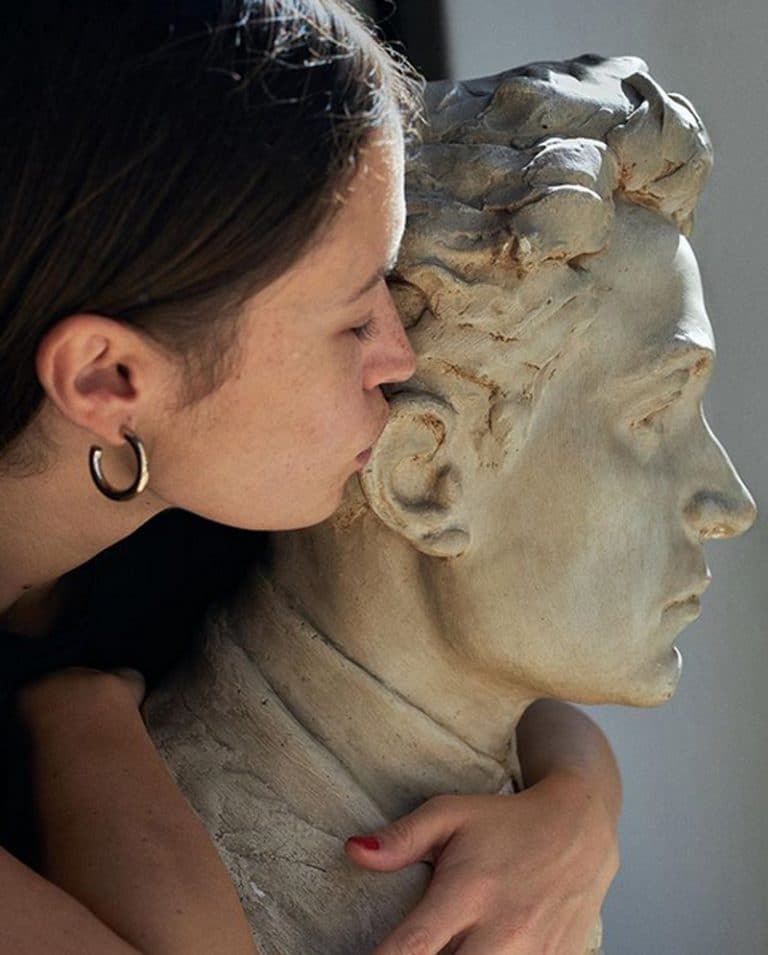
Opinion
Why the rise in university censorship under the guise of being ‘woke’ is dangerous
By Chantal Brocca
Opinion
Why the rise in university censorship under the guise of being ‘woke’ is dangerous
By Chantal Brocca
Published Nov 14, 2019 at 12:08 PM
Reading time: 2 minutes
Human rights
Nov 14, 2019
In recent years, the increased policing of thought and language and the rise of social justice warriors have managed to bring into question one of the most fundamental tenets of a civilised, progressive society of democracy, and of tolerance. Freedom of speech has been hotly debated in the media and academia following years of ruined careers, bullying teetering on downright harassment and defamation, censored comedians and entertainers, aborted events and de-platformed speakers. We have witnessed countless attempts to criminalise language and what can only be described as social violence against those who dare to utter an opinion contrary to the conventional absolute truths.
This toxic climate of censorship has deeply ingrained itself into our lives—the implicit understanding being that even slight disagreement with what is deemed ‘woke’ or ‘PC’ is a PR faux pas leading straight to the bottom of the social hierarchy. Even the most progressive offices have inner networks whose purpose is to keep people in line with implicit social threats. At Google, the company’s chat rooms take the form of digital safe spaces, where dissident opinion is squashed like a bug. In today’s society, to engage in respectful yet open debate is to toy with the prospects of career and social suicide.
Somehow, in the past decade or so, we have lost the ability to understand the difference between legitimate criticism and personal insult; between an open, fair debate that solves an issue by looking at both sides, and targeted hate speech that can instantly brand the speaker as the worst kind. We seem to be living in a parody of life, where a woman calling the Church of Scientology a cult faces imprisonment, a professor is forced to resign after being attacked and screamed at by university students for the apparently ‘abhorrent’ suggestion that people be allowed to wear whatever Halloween costume they want, and where comedians are taken so deathly seriously that they spend their downtime defending themselves on Twitter from crazed, triggered mobs.
In 2018, Spiked’s Free Speech University Rankings catalogued university free speech infractions in order to highlight the issue. What it found was staggering: 54 per cent of the universities surveyed actively censored specific texts, views, speakers, the formation of groups or any form of expression based on its content. Another 40 per cent chilled speech and expression through difficult bureaucracy and vague allusions to ‘provocation.’
But what is truly alarming is that the most vigorous attempts to stifle any disagreement comes from student unions, who pressurise university boards to bend to their will by taking offence, barring opinions contrary to theirs from being aired on campus in any shape or form. While professors are bound by a professional code of conduct, it seems that students belonging to politically sensitive groups are somehow given a green light to enact whatever forms of justice they deem necessary in order to feel safe.
Put simply, an ideology that claims to preserve the democratic right to individual expression through censorship, and has the balls to call it progress, makes the entire premise fall into a deep pit of hypocrisy.
Unfortunately, life is not always easy, and the truth sometimes hurts. If we are not strong enough to handle a small criticism, how can we hope to handle the tidal waves that will come our way in a lifetime? In all this talk of living by the principle of live and let live, if we are not able to sit in the same room or handle an argument with someone we deeply disagree with, then all hope of progress and of achieving equality stop right here.
Perhaps it is time for us to start treating others how we would like to be treated. As Pinker tells us, discomfort is just another term for tolerance, and the price we pay for democracy and the open exchange of ideas. That is the kind of world that I’d like to live in. What about you?




